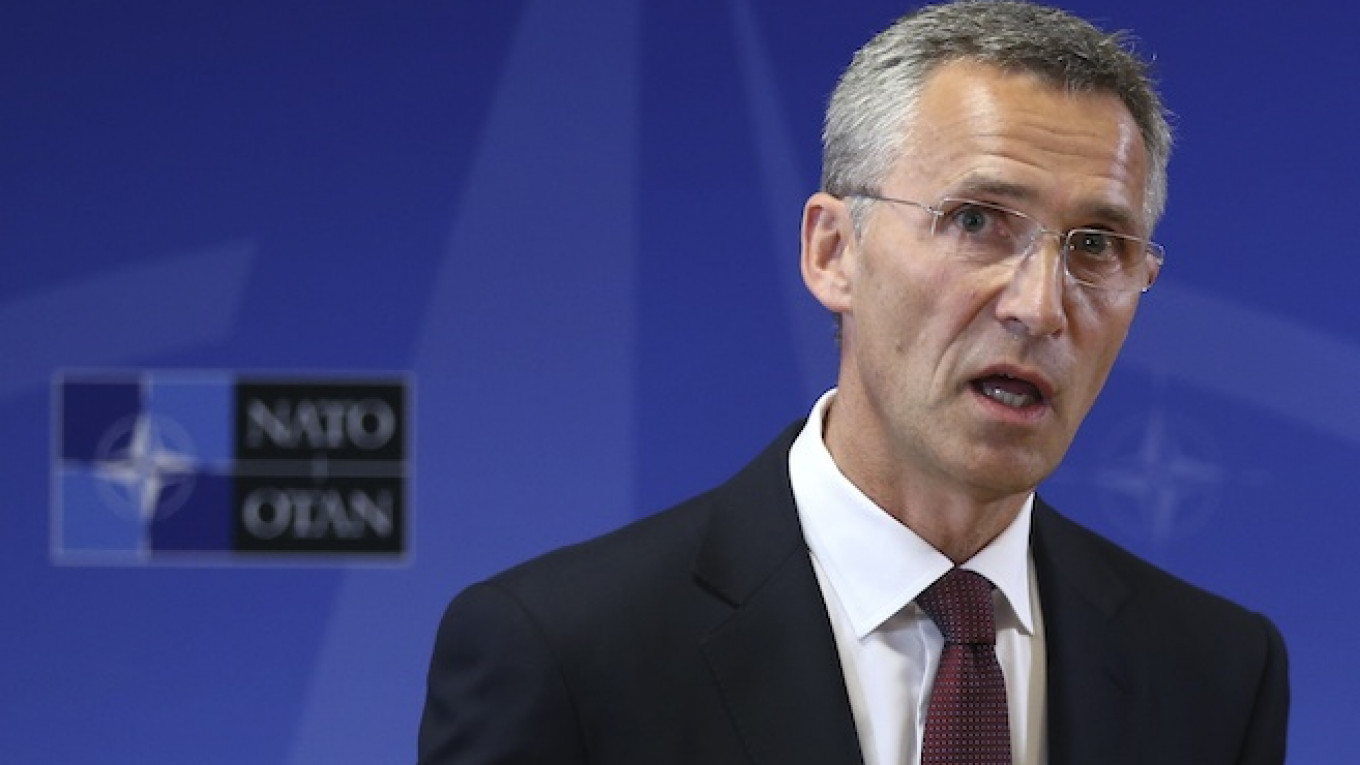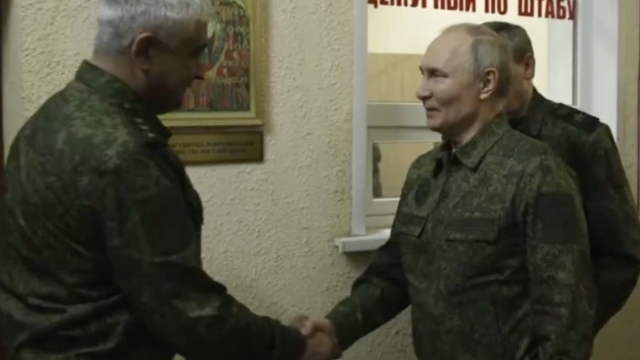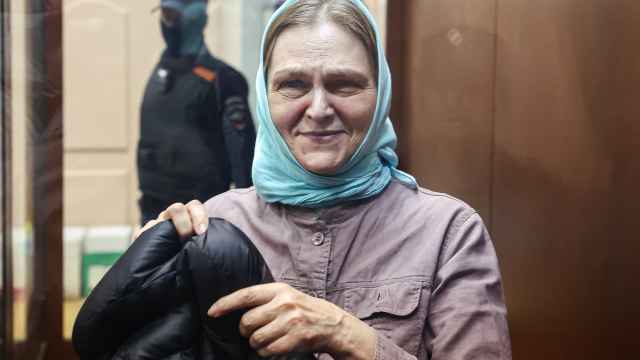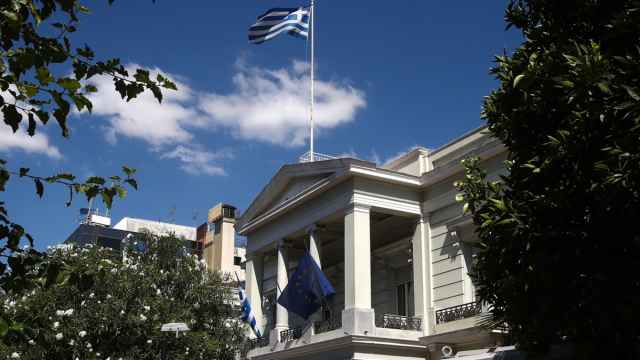WARSAW — New NATO head Jens Stoltenberg has said the Western alliance can deploy its forces wherever it wants, apparently calling into question post-Cold War agreements that have been shaken by Russia's actions in Crimea and Ukraine.
Stoltenberg was visiting NATO member Poland to reassure it that NATO would provide the protection it sought against its former communist master, Russia, which in recent months has annexed the Crimean Peninsula from Ukraine, and been accused by the West of sending troops and equipment to back pro-Russian rebels in eastern Ukraine.
At a summit a month ago, NATO leaders agreed to set up a "spearhead" rapid reaction force that could be sent to a hotspot within days, and to pre-position equipment and supplies in eastern European countries to receive the force if needed.
But they rejected appeals from NATO members in Eastern Europe, including Poland, to station thousands of troops there permanently — partly because of the expense, and partly because they did not want to break a 1997 pact under which NATO promised Russia it would not permanently station significant combat forces in the east.
Stoltenberg appeared to take a tougher line in Poland, however.
"Next year, at the ministerial meeting, we will take decisions regarding the so-called spearhead but, even before it is established, NATO has a strong army after all. We can deploy it wherever we want to," Stoltenberg told the state broadcaster TVP Info on Sunday.
"These capabilities already exist. We have them, and we can deploy them in individual regions. And this is only an add-on to what the alliance already has."
Stoltenberg, a former Norwegian prime minister, took over Wednesday as NATO secretary-general, at a time when the alliance is wrapping up its combat mission in Afghanistan but faces new challenges from a resurgent Russia to the east and from Islamic State militants on the borders of Turkey, NATO's southernmost member.
NATO has made clear it will not intervene militarily in Ukraine, which is not an alliance member, but has reinforced the defenses of its eastern member states. Russia has repeatedly denied sending forces or equipment to the rebels in eastern Ukraine.
A Message from The Moscow Times:
Dear readers,
We are facing unprecedented challenges. Russia's Prosecutor General's Office has designated The Moscow Times as an "undesirable" organization, criminalizing our work and putting our staff at risk of prosecution. This follows our earlier unjust labeling as a "foreign agent."
These actions are direct attempts to silence independent journalism in Russia. The authorities claim our work "discredits the decisions of the Russian leadership." We see things differently: we strive to provide accurate, unbiased reporting on Russia.
We, the journalists of The Moscow Times, refuse to be silenced. But to continue our work, we need your help.
Your support, no matter how small, makes a world of difference. If you can, please support us monthly starting from just $2. It's quick to set up, and every contribution makes a significant impact.
By supporting The Moscow Times, you're defending open, independent journalism in the face of repression. Thank you for standing with us.
Remind me later.






